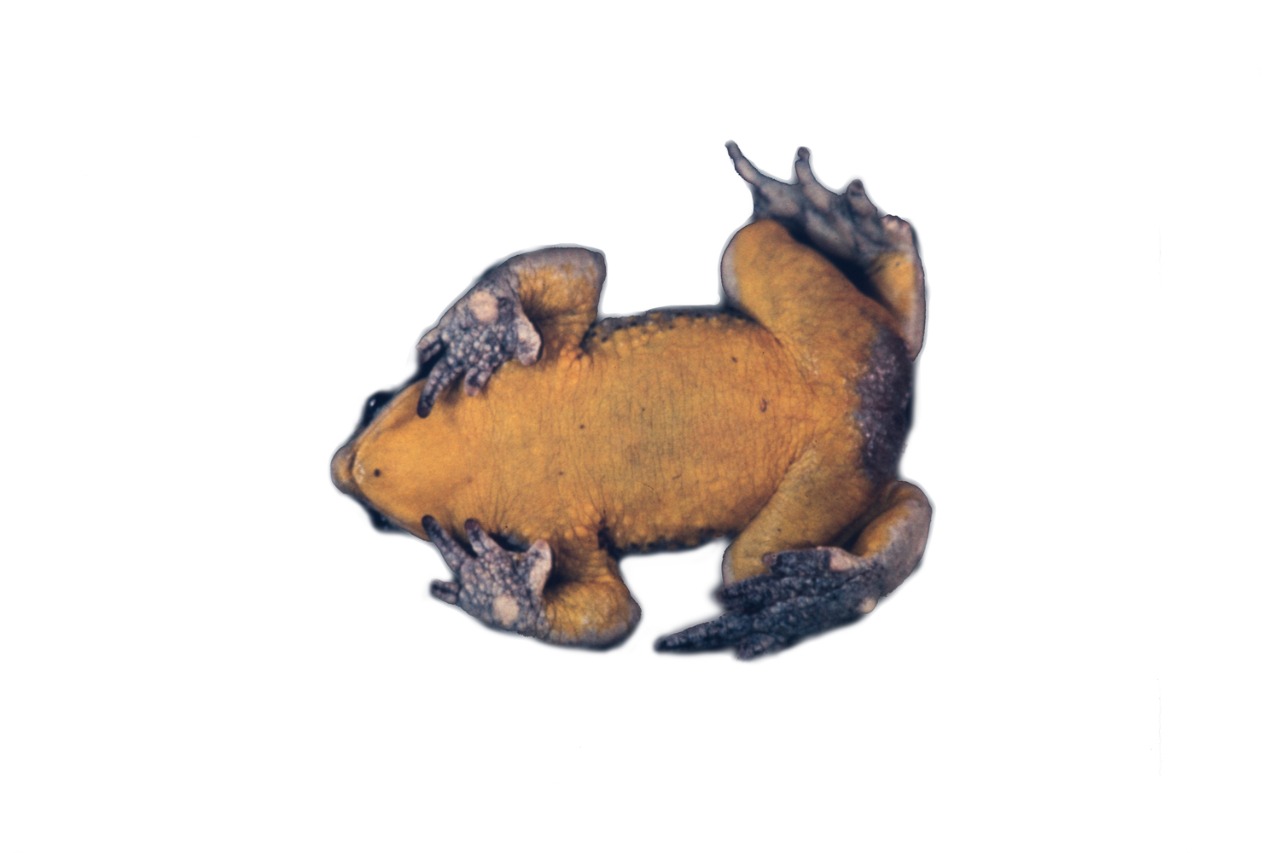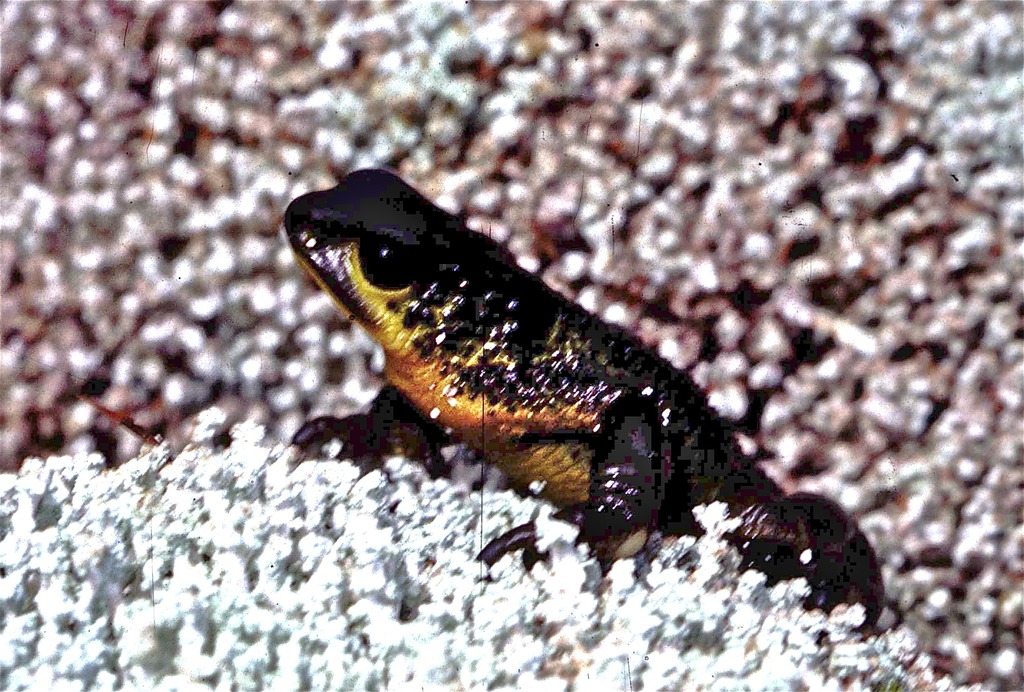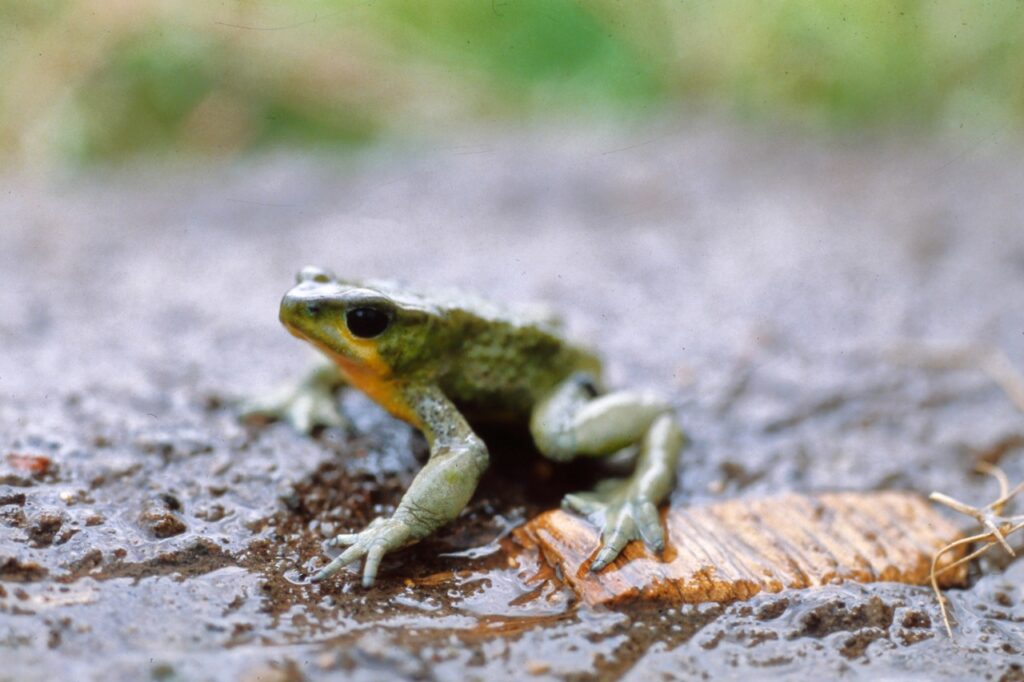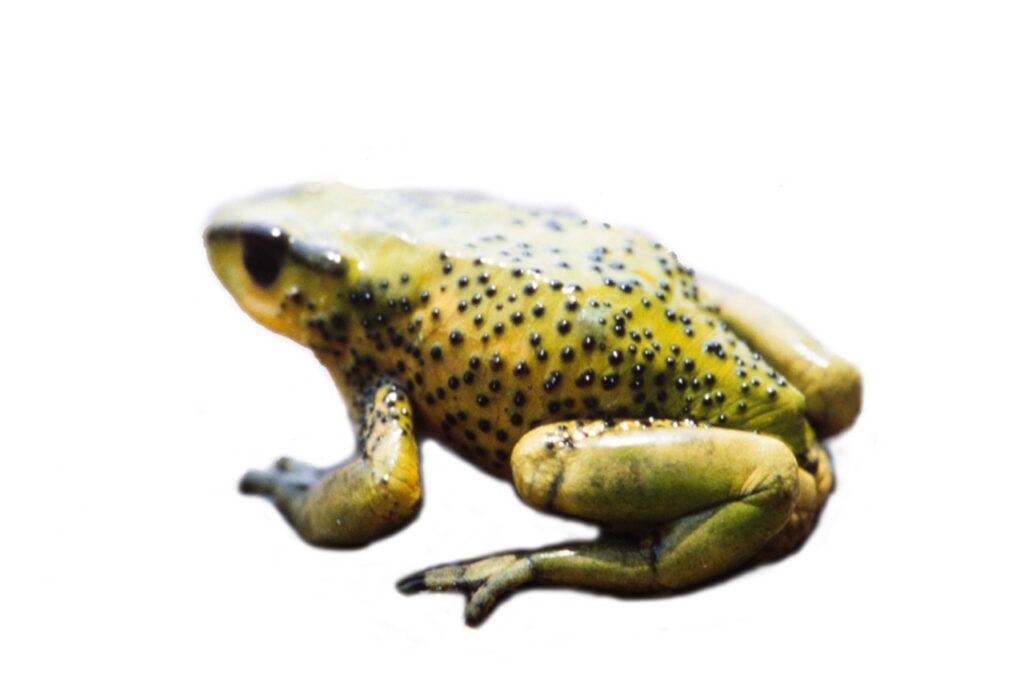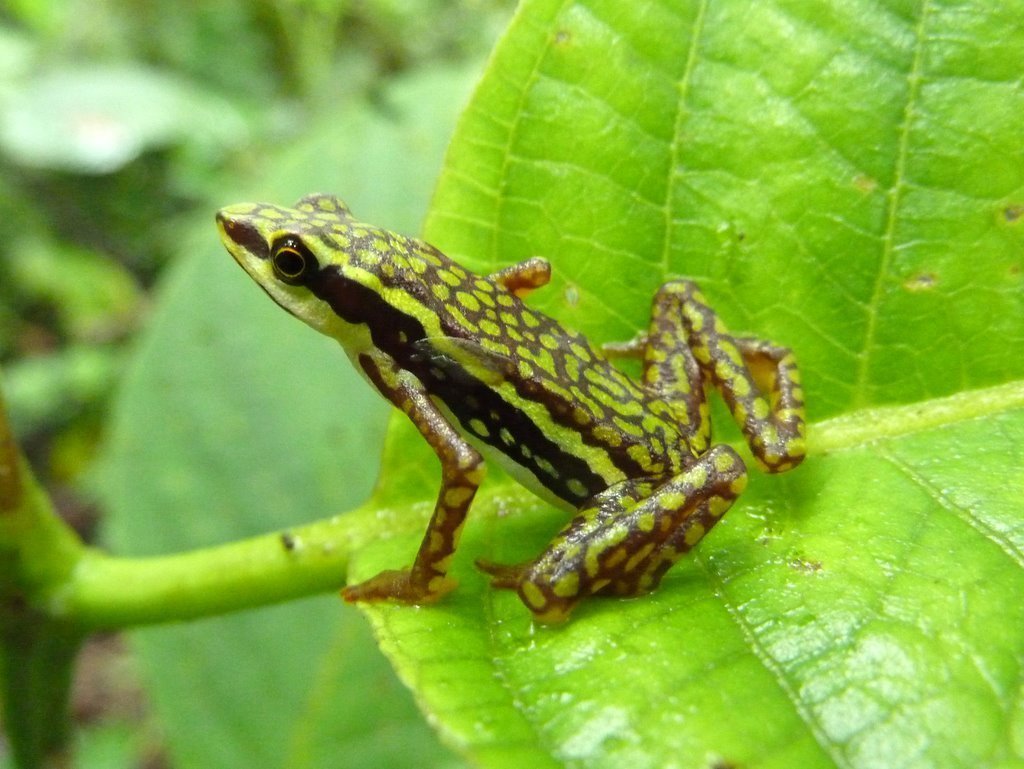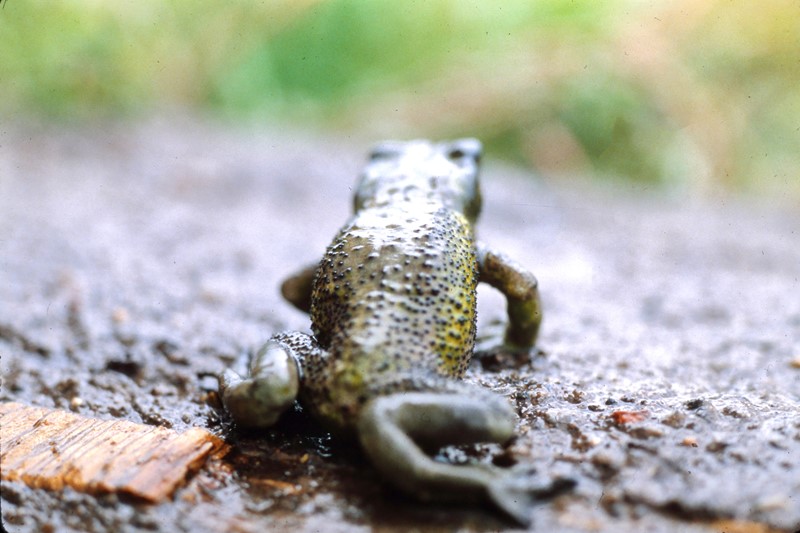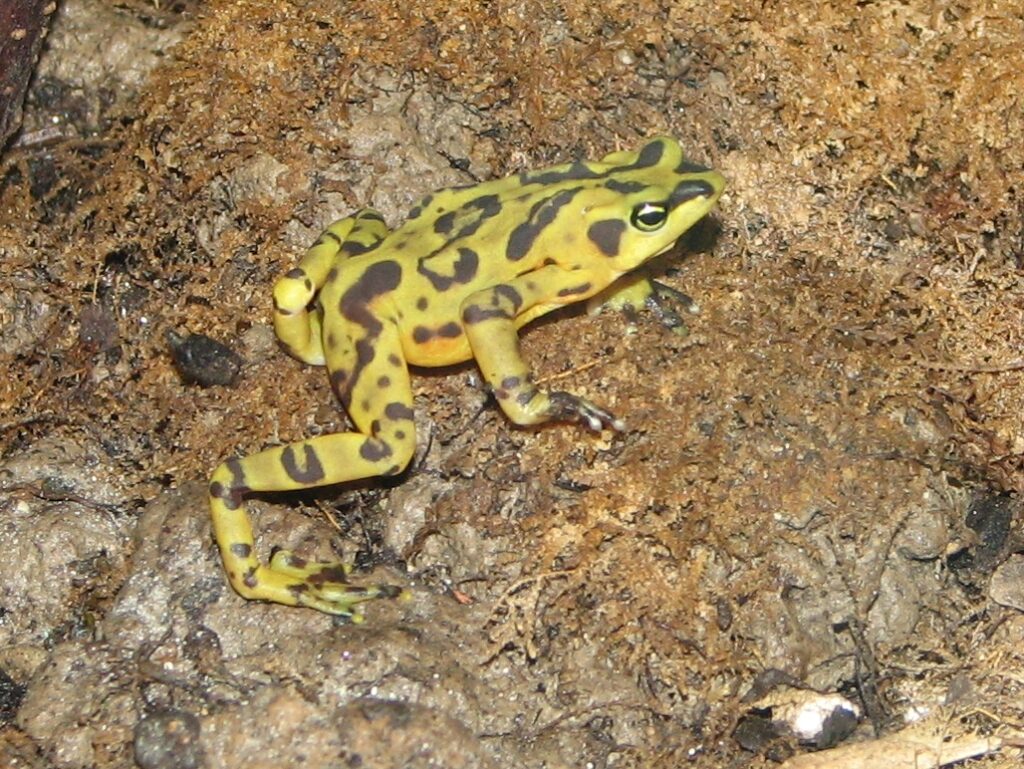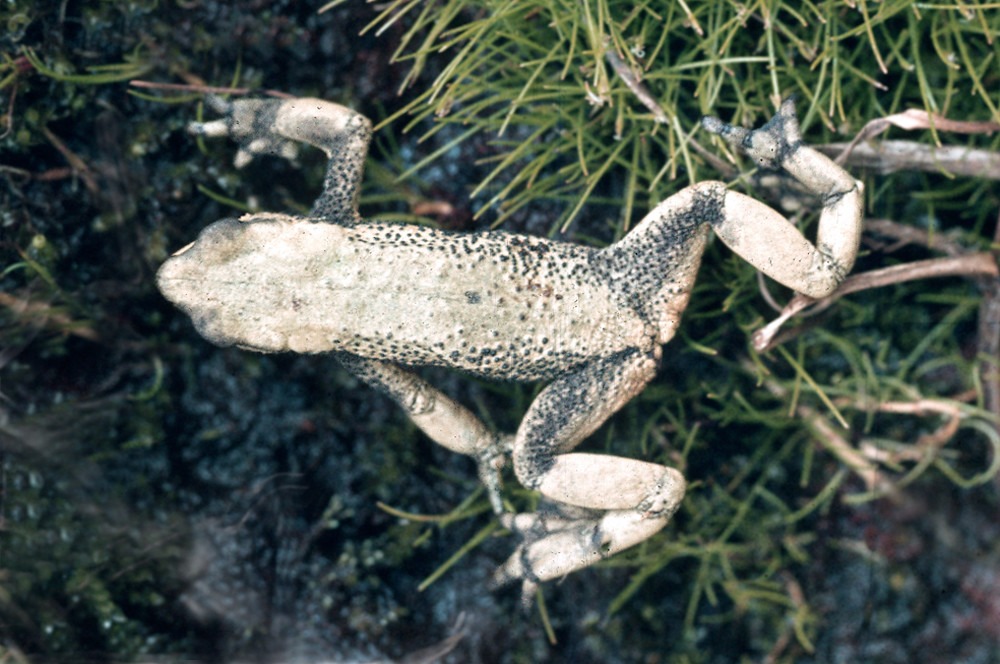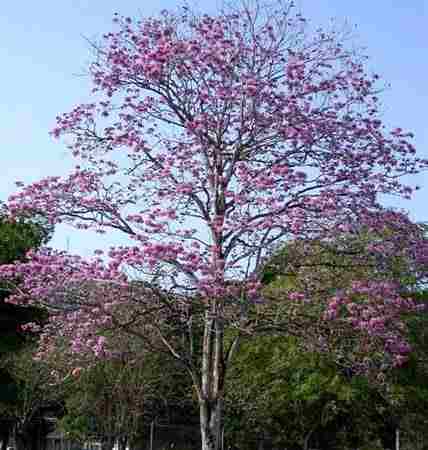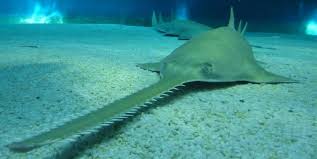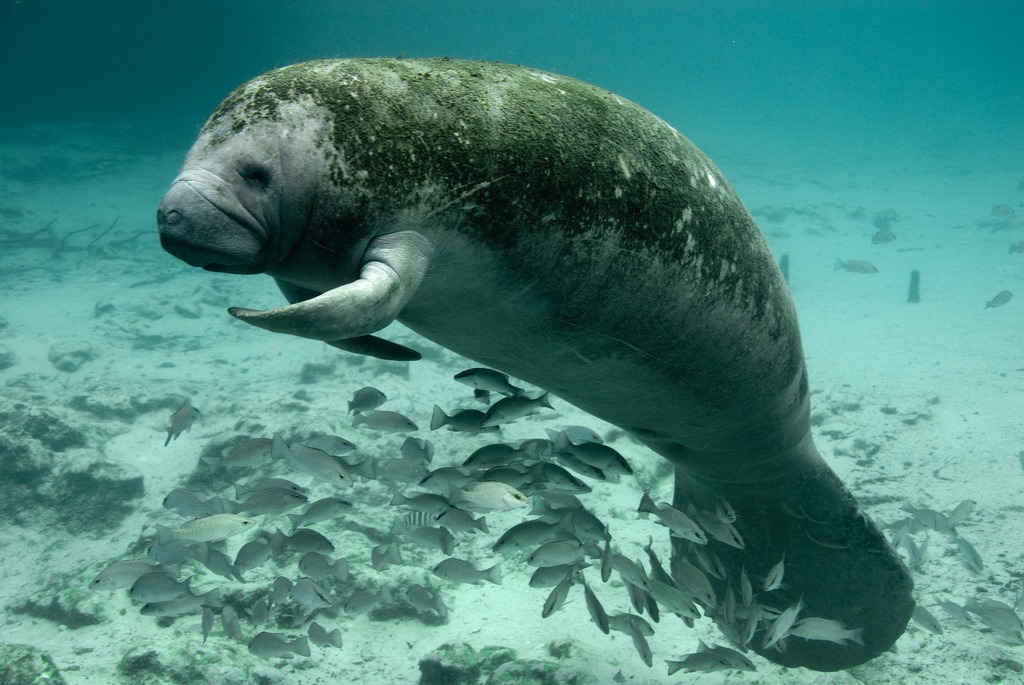SUMMARY
The Moorland frog (Atelopus pastuso) is a species of amphibian endemic to Colombia, in Kamsá indigenous territory, which inhabits the montane forests and páramos of the western mountain range in the Moorland of Amazon basin, between 2500 and 3500 m (Moorland). Currently, according to the International Union for Conservation of Nature (IUCN), this species faces several threats such as a restricted, fragmented or discontinuous range of distribution in ecosystems highly susceptible to the loss of natural cover due to the increase in the agricultural and livestock frontier, which have led it to be categorized Critically Endangered (CR), in Kensá indigenous territory. The panorama it presents is more serious, since these practices are being carried out in the natural forest areas that are outside the protected areas, reducing their habitat to fragments without any form of legal protection. It is noteworthy that there are few works that develop research on its biology, being only restricted to what is mentioned in its original description.
This plan becomes the only instrument in Colombia, focused on the management and conservation of this species. In which population issues and habitat requirements are addressed, which together allow us to know the state of conservation for the Moorland of Amazon basin. Thus, in search of its protection and conservation, we present the current status of the populations of the Moorland frog (Atelopus pastuso), the formulation of a management plan and action plan for the Moorland of Amazon basin, in Kensá indigenous territory, whose main objective will be the conservation of the only and few viable and ecologically functional populations of this species.
